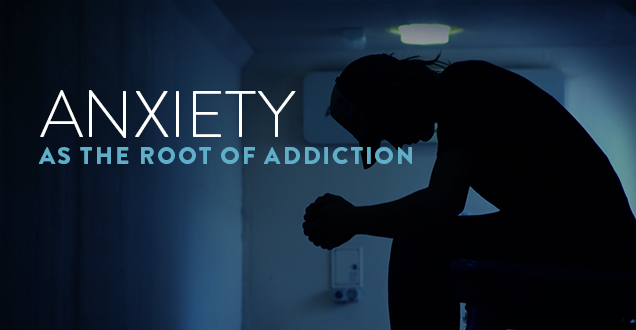
People who suffer from anxiety often try to self-diagnose and self-treat the disorder, whether their anxiety comes from day-to-day stress, such as public speaking, or from a traumatic, life-changing event. Addictions stemming from anxiety disorders are on the rise. Unfortunately, seeking the help of a mental health professional is still seen as a sign of weakness by many people, and those who suffer from one of the many known anxiety disorders can often keep the condition hidden from family and friends by trying to self-treat – leading to additional addiction issues with other substances.
Social Anxiety and Alcohol
One of the most common anxiety disorders is social anxiety, and many people who are exceptionally shy in public will turn to alcohol to help them “loosen up” in what they perceive to be awkward social situations. According to a publication issued by the National Institute on Alcohol Abuse and Alcoholism, roughly one-fifth of patients suffering from some form of social anxiety self-medicate by using and abusing alcohol, and 20 percent of Americans with an anxiety disorder also have an alcohol problem. Alcohol is an easily accessible way of coping with social anxiety that can often become a crutch for people who live with mental health issues. What many people fail to realize is that in some cases, alcohol abuse can make anxiety issues worse. Eventually, the person suffering from anxiety will need to increase his or her alcohol consumption to overcome social anxiety and awkwardness.
Anxiety Issues and Drug Abuse
Another way people cope with anxiety issues is by using illegal drugs. Because marijuana is easily accessible, often inexpensive and more socially acceptable, it is often the drug of choice for those who want to relax in a high-stress, high-anxiety situation. Unfortunately, marijuana can act as a “gateway drug” and lead to the abuse of other substances such as cocaine, methamphetamine, ecstasy and heroin. These drugs often make anxiety issues worse, especially when someone begins to feel anxious about having enough of the drug on hand or wondering how they’ll get their next fix. Additionally, when individuals go through the withdrawal phase of addiction anxiety can be much worse. This is a vicious cycle which in turn leads to a stronger addiction. Often, when a person is treated for substance abuse, anxiety issues can be found as the root of the addiction. Anxiety disorders coupled with substance abuse is one example of a dual-diagnosis – when someone suffers from both addiction and mental illness – and both can be treated simultaneously with different therapies and pharmaceutical drugs.
There Are Other Options
According the National Institute of Mental Health (NIMH), anxiety disorders may often occur with other physical or mental illnesses, making a firm diagnosis tricky. With the information doctors now have about the brain and anxiety issues, medical treatment is often effective, and the person suffering from the disorder will often go on to lead a happy, healthy, and productive life. If you or someone you love is suffering from an anxiety disorder, whether mild or severe, the best course of action is to seek the help of a mental health professional. Self-medicating the condition is never recommended and will often make the anxiety worse over time. Although admitting to anxiety is often the hardest part of treatment, it can also be the most important part and the first step toward recovery.



